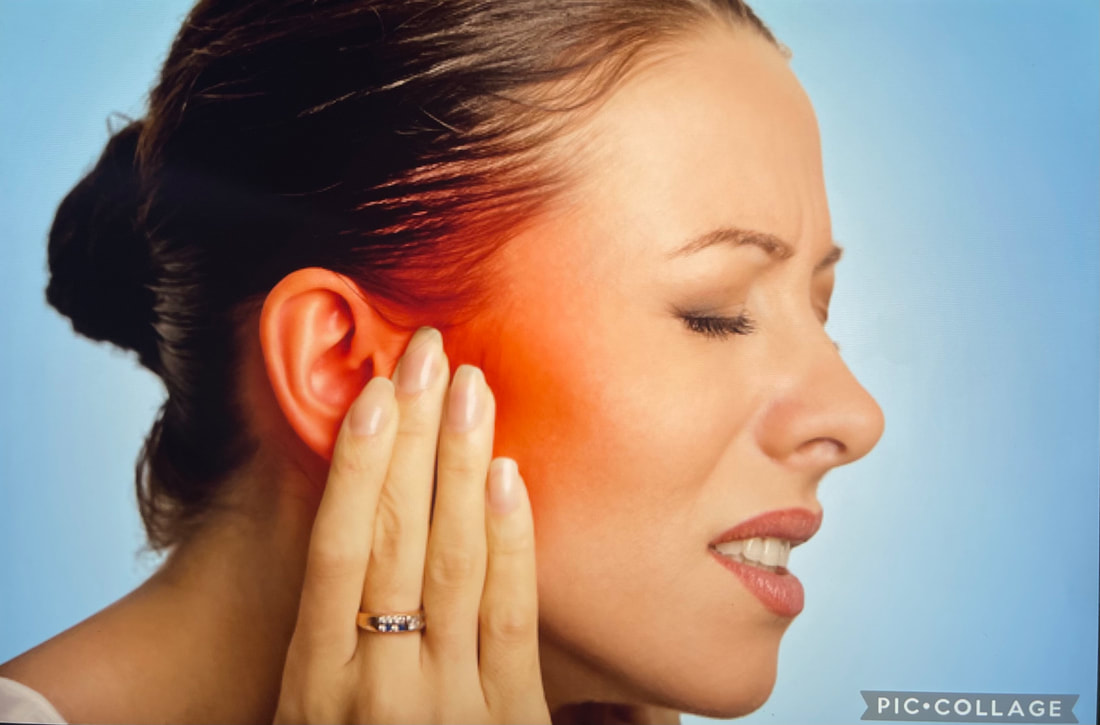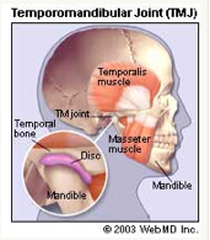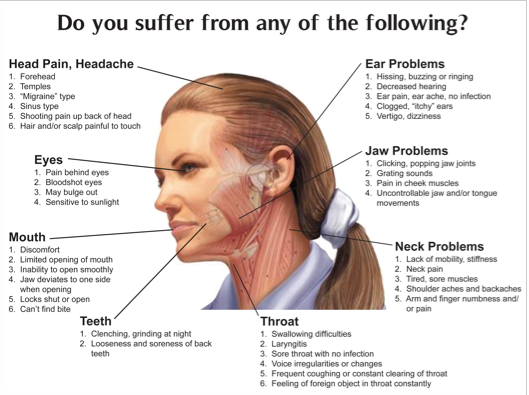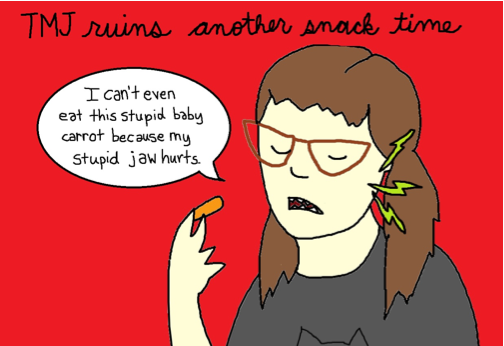- Class 1: Preventive and diagnostic care, including cleanings and x-rays.
- Class 2: Basic restorative care, including root canals and fillings.
- Class 3: Major restorative care, including bridges, crowns and dentures.
The following treatments are considered major dental services:
- Orthodontic treatment
- Dental implants
- Complex oral surgery procedures, such as full mouth reconstruction
- Complete or removable partial dentures
- Dental crowns
- Anesthesia/sedation
- Dental bridges
- Inlays or Onlays
- Wisdom tooth extraction
There is a benefit to break up long appointments into shorter sessions to give your jaw the chance to rest in-between treatments. Also, during treatments, as often as possible, try to keep your mouth closed to prevent aggravating your TMJ.
Click here.






 RSS Feed
RSS Feed

















